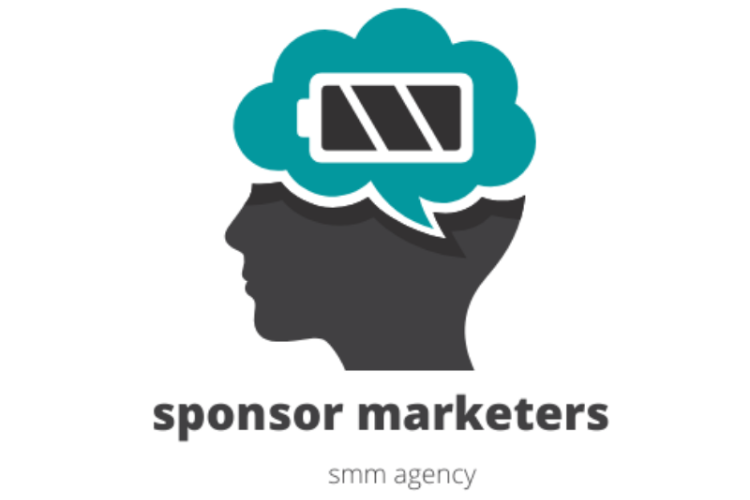In the realm of small business accounting, one financing solution that has gained significant popularity is invoice factoring. It has revolutionized the way businesses manage their cash flow and overcome financial hurdles. In this blog post, we will delve into the world of invoice factoring, addressing common questions such as its legality, its purpose, and the types of businesses that can benefit from it.
Is Invoice Factoring Illegal?
Invoice factoring is a legitimate financial practice and is entirely legal. It involves selling your unpaid invoices to a third-party company, known as a factor, at a discounted rate. The factor then assumes the responsibility of collecting the payment from your customers. By engaging in a legal contract with the factor, both parties benefit from the transaction.
What is Invoice Financing or Factoring?
Invoice factoring, also known as invoice financing, is a financing solution that allows businesses to convert their unpaid invoices into immediate cash. Instead of waiting for extended periods to receive payment from clients, businesses can sell their invoices to a factor and receive a portion of the invoice value upfront. The factor then collects the full payment from the clients, deducts a fee, and transfers the remaining amount to the business. It provides a flexible and convenient way for businesses to bridge the gap between delivering goods or services and receiving payment.
Why Do We Use Invoice Factoring?
Invoice factoring offers numerous benefits that make it an attractive option for small businesses:
Improved Cash Flow: By converting invoices into immediate cash, businesses can meet their financial obligations, such as paying suppliers, covering operational expenses, or investing in growth opportunities.
Accelerated Growth: With a stable cash flow, businesses can take advantage of growth opportunities without being constrained by delayed payments.
Streamlined Operations: Invoice factoring eliminates the need for businesses to chase after payments, as the factor takes over the responsibility of collecting from clients. This allows businesses to focus on core operations and customer satisfaction.
Accessible Financing: Invoice factoring is often more accessible than traditional loans or lines of credit. It is based on the creditworthiness of the customers rather than the business itself, making it a viable option for businesses with limited credit history or poor credit scores.
Who Uses Invoice Factoring?
Invoice factoring is suitable for various types of businesses, including:
Startups and Small Businesses: Invoice factoring can provide much-needed working capital to startups and small businesses, enabling them to stabilize their cash flow during the early stages.
Businesses with Seasonal Sales Cycles: Industries with fluctuating sales volumes throughout the year, such as retail, hospitality, or tourism, can benefit from invoice factoring to manage their cash flow during low seasons.
Businesses with Long Payment Cycles: If your business deals with customers or clients who have lengthy payment terms, invoice factoring can help you avoid cash flow gaps and maintain a steady financial position.
Businesses Experiencing Rapid Growth: Growing businesses often face the challenge of balancing increased expenses with delayed payments. Invoice factoring can provide the necessary funds to support growth without compromising cash flow.
Conclusion:
Invoice factoring has emerged as a game-changing financing solution for small businesses in 2023. By understanding its legality, purpose, and potential benefits, businesses can make informed decisions to leverage invoice factoring as a valuable tool for managing cash flow and fueling growth.



0 Comments